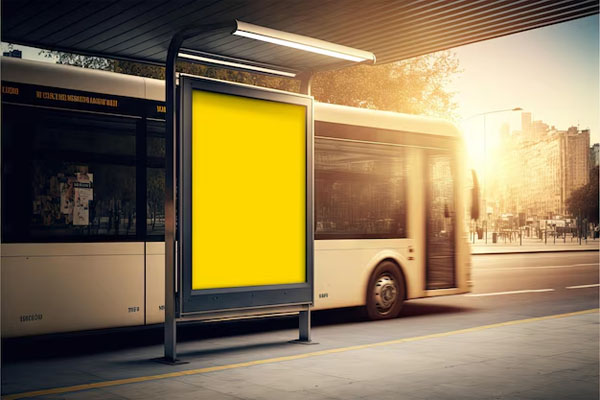Recent news in the Australian bus advertising sector has been marked by a key development in public health policy, while also highlighting the continued evolution of the medium.
• South Australia’s Junk Food Ban: The most significant news is the implementation of a new policy in South Australia. As of July 1, 2025, the state is banning advertisements for unhealthy foods on all public transport, including buses, trains, and trams. This is a first for an Australian state and is a direct move to combat rising obesity rates, particularly among children. This decision follows similar actions in London and the ACT, and signals a growing trend of public health considerations influencing advertising regulations.
• Strategic Expansion and Innovation: bus advertising continues to be a powerful medium for reaching a diverse, mobile audience. Companies like JCDecaux and GoTransit are actively expanding their networks and highlighting the effectiveness of bus advertising. JCDecaux, for instance, has renewed major contracts in Sydney and Adelaide, emphasizing the medium’s broad audience reach, high frequency, and cost-effectiveness. The industry is also promoting more sustainable options, such as ad formats exclusively on electric buses, and using data and technology to offer more targeted campaigns.
• Ongoing Campaigns: While specific new campaigns in the last week weren’t widely publicized, bus advertising remains a popular choice for a range of brands. Recent campaigns highlighted by industry players include those for major brands like Hard Rated, Swarovski, and Lite n’ Easy, demonstrating the versatility of bus advertising for both local and national brands.

